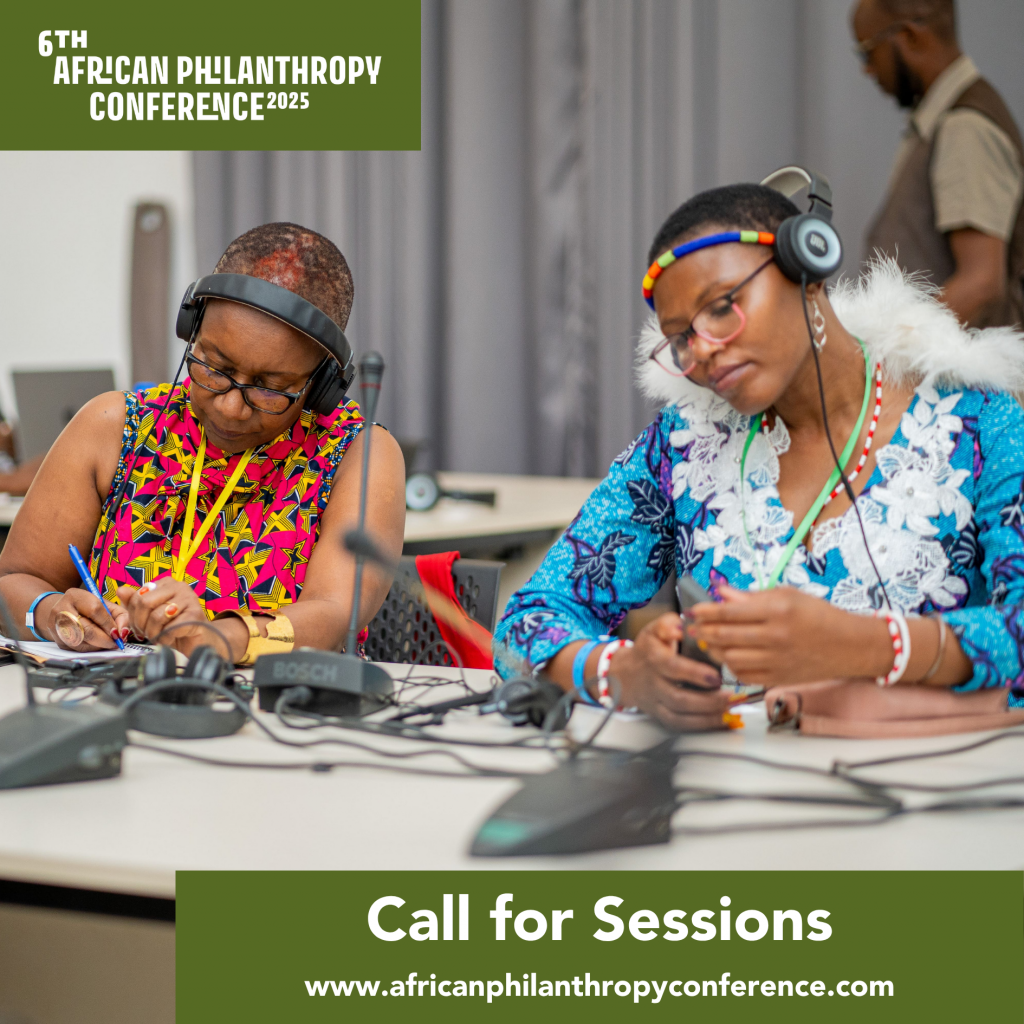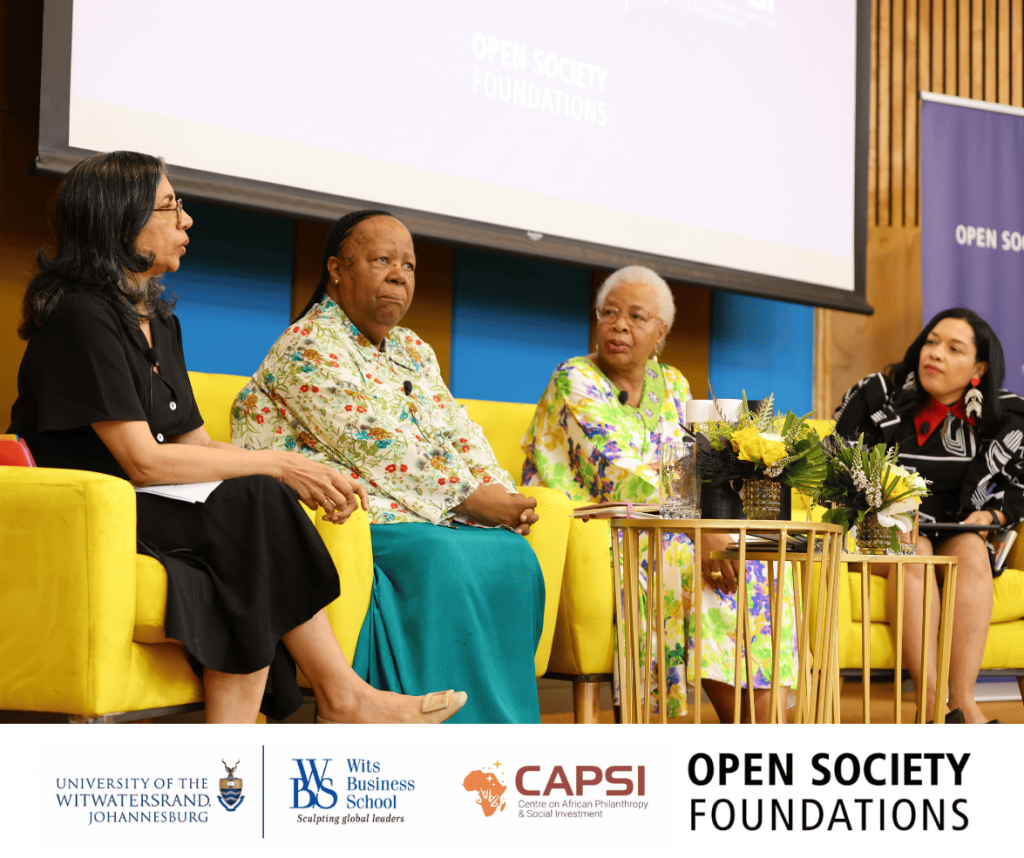
The Contributions of the Non-Profit Sector to African Economies with a Specific Focus on the Creation of Dignified and Fulfilling Work for Young People in Mozambique
Keywords:
Non-profit sector, Youth employment, Mozambique, Dignified and fulfilling work, Civil society organizations, Informal economy, Skills development, Vocational training, Gender disparities, Rural development, Urban youth, Unemployment, Youth associations, Waithood, NGOs, NEET (Not in Education, Employment, or Training), Informal sector, Jobless growth, Social protection, Economic empowerment, Youth marginalisation, Entrepreneurship, Religious associations, Labour market, Women empowerment, Education, Social inequality, Public policy, Capacity building, Demographic dividend
Document details:
Copyright:
Centre on African Philanthropy and Social Investment (CAPSI)
Year:
2025
Document Number:
CAPSI.2025/LR7
Availability:
Web-Only
Pages:
31
Publication Date:
2025-05-01
Series:
Research Reports
DOI:
http://dx.doi.org/10.47019/CAPSI.2025/LR7
Abstract:
This literature review examines the role of the non-profit sector in promoting dignified and fulfilling work for young people in Mozambique. Despite sustained economic growth, Mozambique continues to experience high levels of youth unemployment, underemployment, and informality, with over 95% of the labor force in the informal sector. The review highlights the structural challenges facing Mozambican youth, including limited access to quality education, skills mismatch, gender disparities, and restricted economic opportunities—especially for women and rural populations. It traces the evolution of the non-profit sector from colonial and post-socialist roots to its current configuration dominated by religious associations and advocacy groups. The paper also explores the phenomenon of “waithood,” a prolonged period of social and economic suspension experienced by many young people. It emphasizes the indirect and direct contributions of NPOs to youth employment, particularly through skills development, vocational training, internships, and job placements. The review concludes by identifying key knowledge gaps, notably the limited focus on NPOs’ economic contributions, and recommends further field research and strategic policy support to strengthen the sector’s role in addressing youth employment challenges.
Cite this Article:
Fernandes, C., & Maúngue, H. (2025). Exploring the Contributions of the Non-profit Sector to Youth Employment in Mozambique: A Literature Review (Report No. LR7). Centre on African Philanthropy and Social Investment. http://dx.doi.org/10.47019/CAPSI.2025/LR7




